LC3117 CLE - Ethical Theories
1/18
Earn XP
Description and Tags
LC3117 Ethical Theories: Ethics, Morality, Code of Ethics, Prescriptive-Normative Ethical Theories, Teleological, Deontological, Consequentialism
Name | Mastery | Learn | Test | Matching | Spaced |
|---|
No study sessions yet.
19 Terms
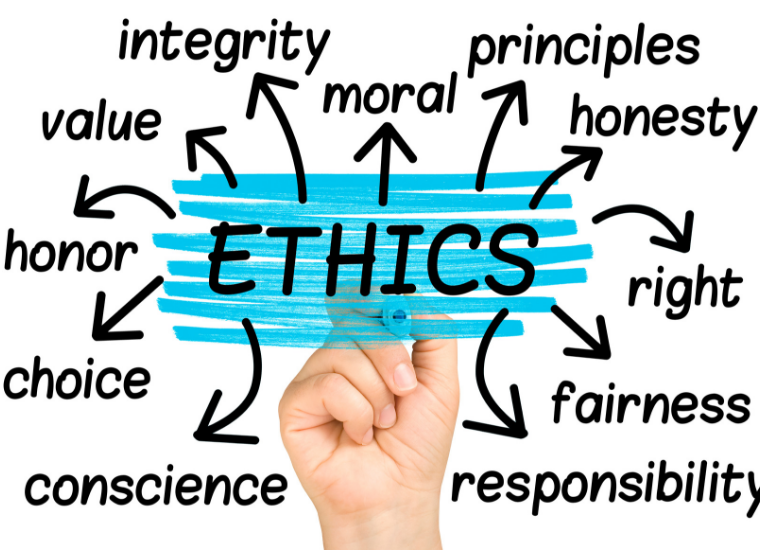
Ethics
Moral principles that govern a person’s behaviour or the conducting of an activity
The branch of knowledge that deals with moral principles
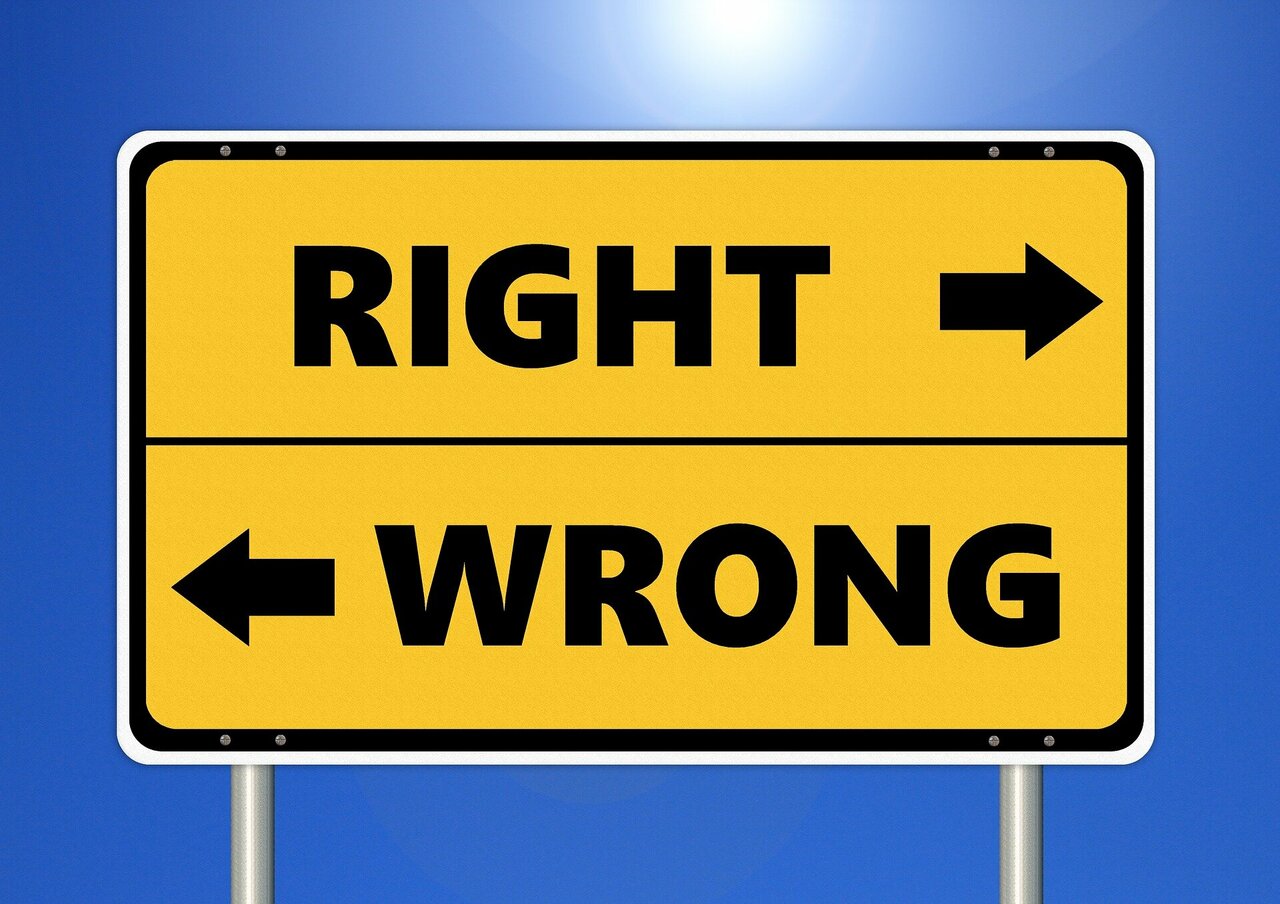
Morals
Principles concerning the distinction between right & wrong, or good & bad behaviour
What “we” believe to be right/wrong. Modes of conduct. Implies conformity to established sanctioned codes or accepted notions of right/wrong
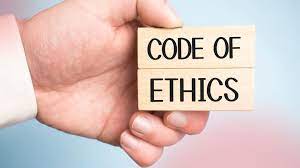
Professional Code of Ethics (P.C.S)
Professional Competence
Contextual Competence
Social, Legal & Moral Competence

Prescriptive-Normative Ethical Theories
The study of ethical theories that prescribe how people should act and examines an action’s morality (right & wrong).
Aims to prescribe ethical norms or principles that guide human behaviour

TELEOLOGICAL ETHICS
It is about promoting human well-being based on natural inclinations or divine law
It defines good & bad based on maximising attaining certain END goals
It focuses on the consequences/outcomes to determine morality

VIRTUE ETHICS’ NATURAL LAW
Humans possess intrinsic values that govern their reasoning & behaviours
Right & wrong are inherent in people, and not created by society or judges
Character-based morality assuming we acquire virtue through practice (honesty, brave, generosity)
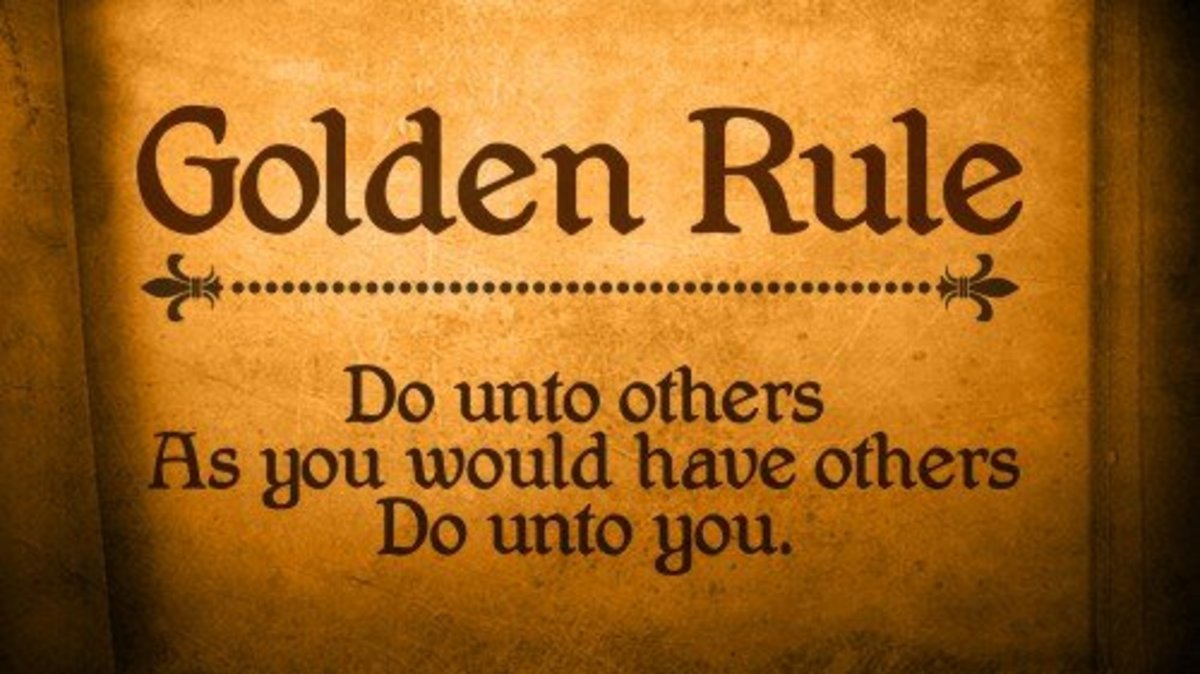
The Golden Rule
Moral principle suggesting treating others as one would like to be treated
It encourages reciprocity, empathy, and kindness
E.g. Not spreading rumours about others
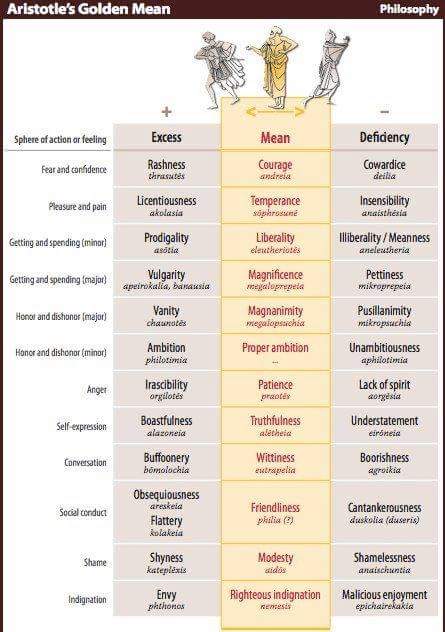
The Golden Mean
Moral virtue lies between extremes and one should seek moderation & balance
E.g. Being courageous is a fine balance, being too courageous = reckless
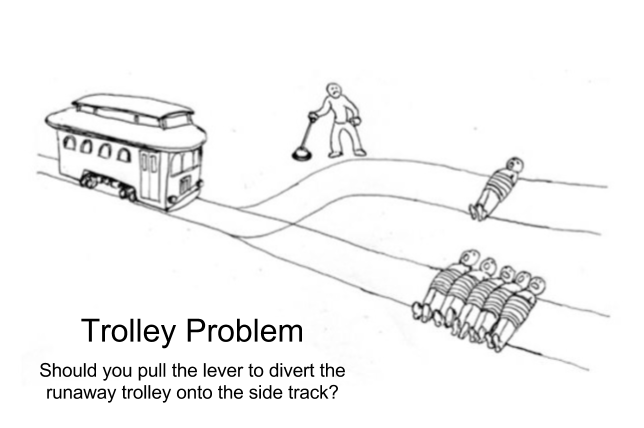
CONSEQUENTIALISM
It judges an action’s moral correctness by its consequences & whether it provides the best outcome out of all choices
E.g. Doctor needing to decide whether medicine goes to a healthy young boy or a sick old man
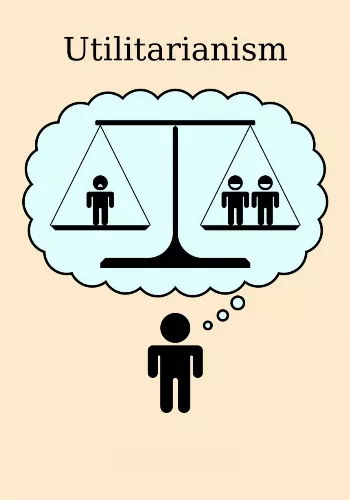
Utilitarianism
The morally right action is the one that maximises overall happiness/pleasure & minimises suffering/pain for the greatest number of people
E.g. Doctor would give the medicine to the patient with highest recovery rate & benefits them more

Egoism
It focuses on the consequences for the individual, and is guided by self-interest or personal well-being while disregarding others
E.g. A boss who chooses a deal where he gains more money, but loses 100 employees & affecting their lives

DEONTOLOGICAL
Certain actions are inherently right or wrong, regardless of consequences.
It emphasises duty, rules, & principles in guiding ethical decision-making
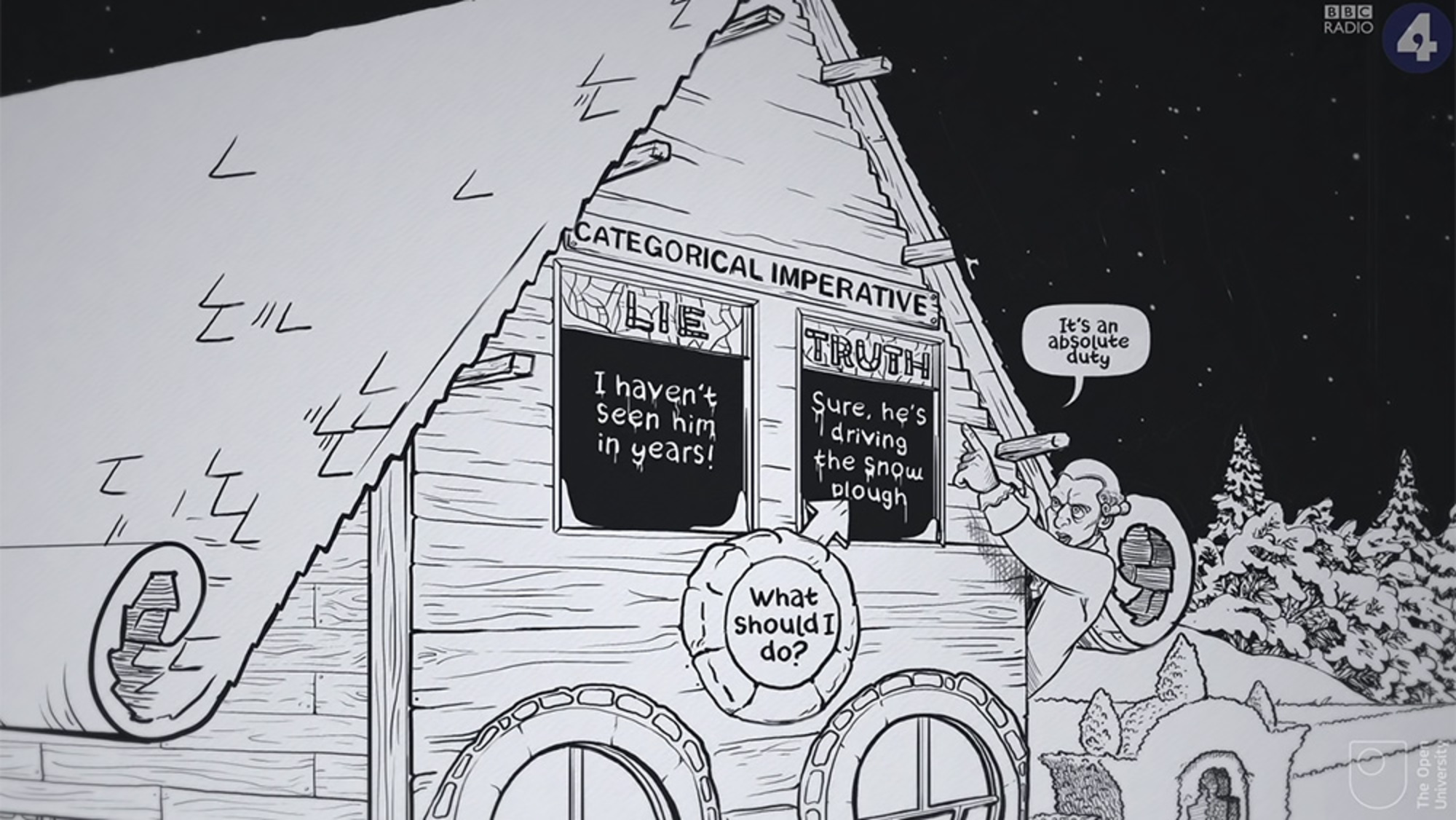
Kantian Ethics / Kantism
It focuses on Kant’s Categorical Imperative, which is a universal moral law that applies to ALL regardless of context or situation
Some actions are just wrong. Must respect others’ humanity.
E.g. We shouldn’t lie at all even if it could save someone from a murderer
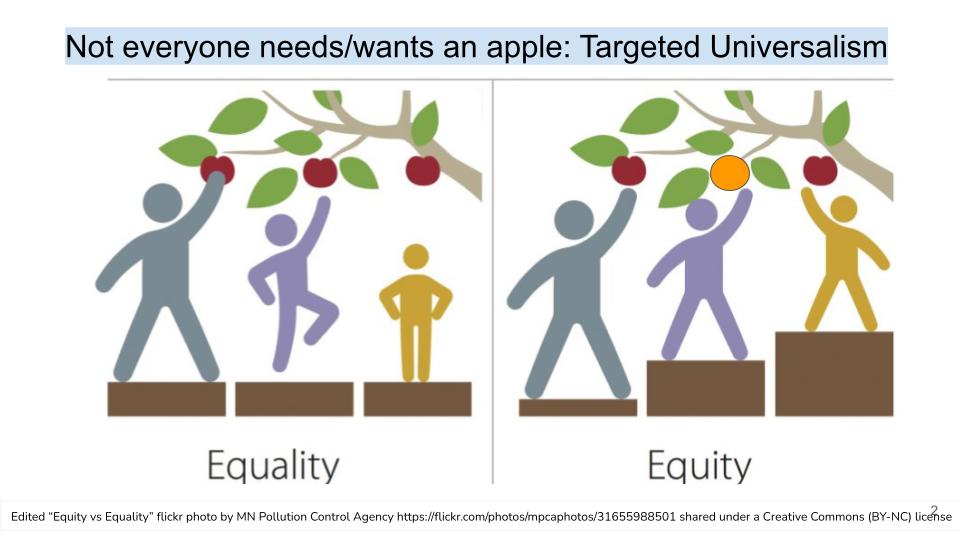
Universalism
Moral principles or norms applied universally to all, regardless of sociocultural backgrounds or individual differences
It provides a general framework but doesn’t specify how one should approach ethical decision-making
E.g. Human rights and not discriminating anyone
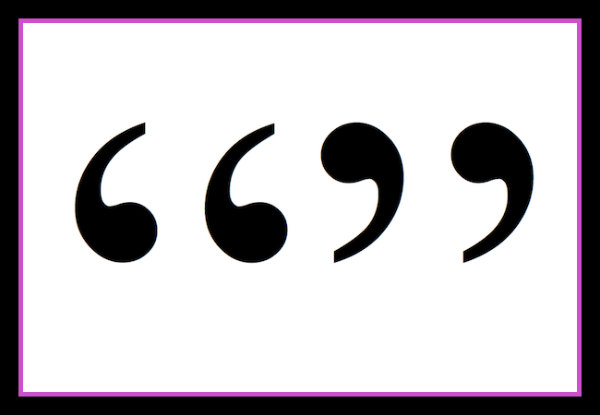
QUOTE: THE GOLDEN MEAN
The mean justifies the end
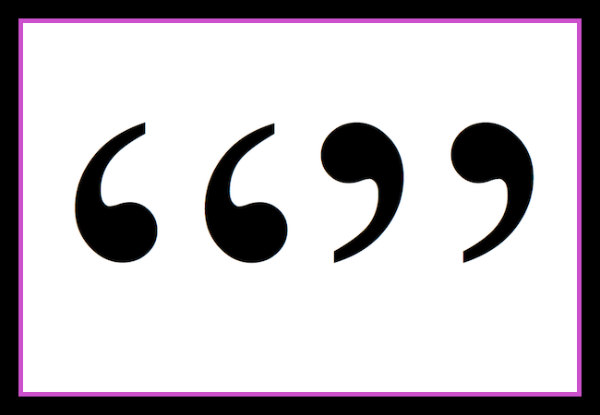
QUOTE: THE GOLDEN RULE
Do not do unto others, what you don’t like others to do unto you
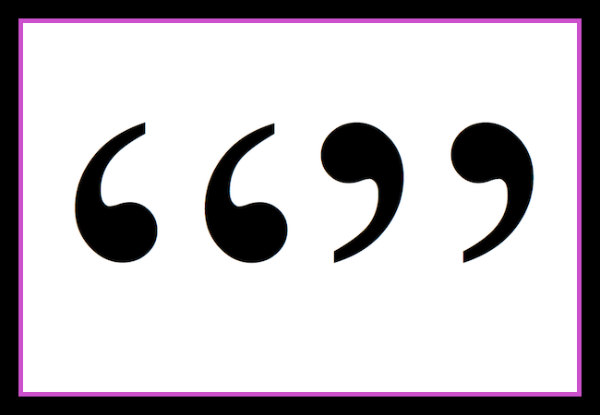
QUOTE: Utilitarianism
The greatest good for the greatest number
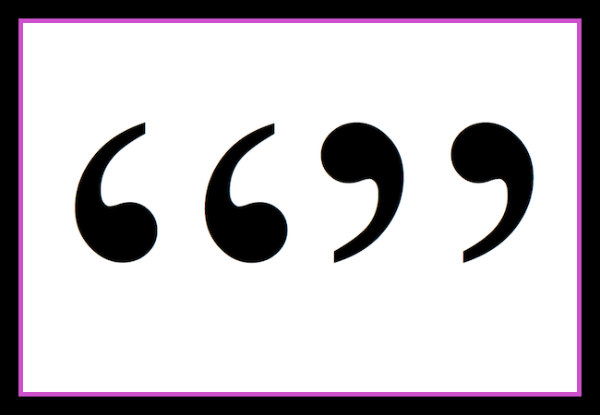
QUOTE: Universalism
All human beings have rights
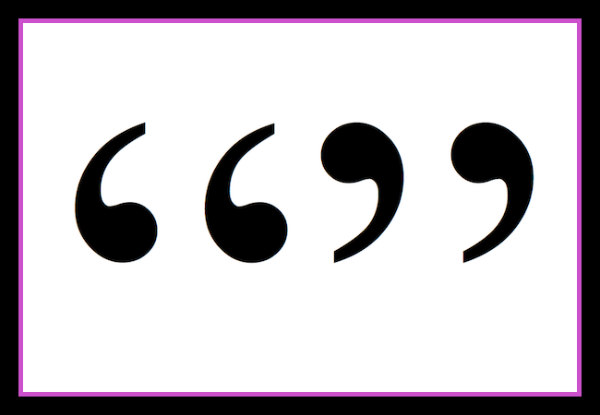
QUOTE: Egoism
One’s own happiness is the greatest good